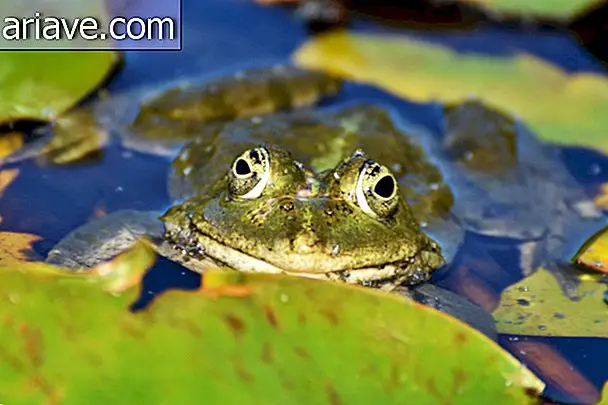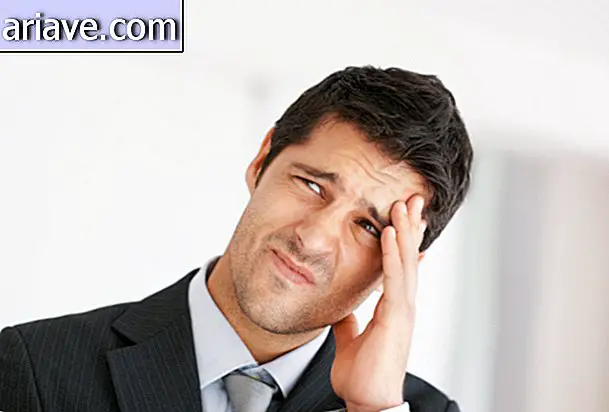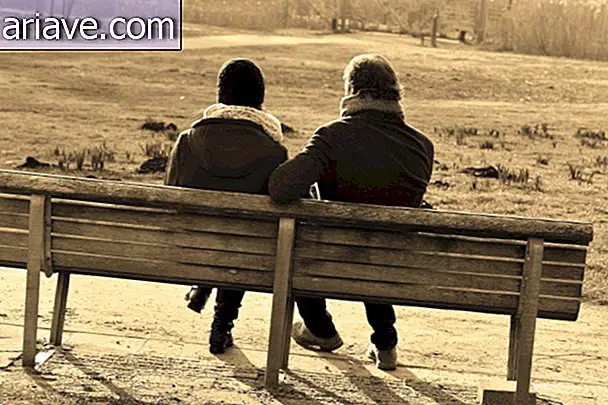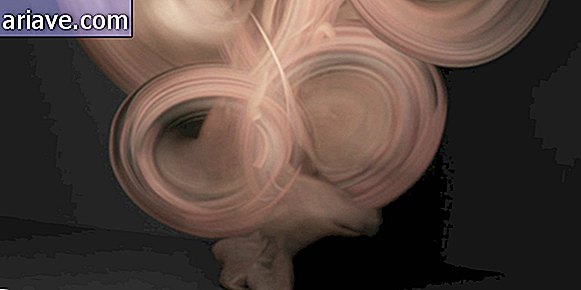10 countries where monarchies still survive (and even rule)
Although we are in the middle of 2018, one of the most talked about events of last week was the marriage of Prince Harry to Meghan Markle in England. While it may seem rather "out of date" to think of princes, princesses, kings, and queens today, the truth is that royal families still survive in many countries around the world, even though in some cases the only power really is. o the image.

The United Kingdom is the most famous example of monarchy that still catches the attention of the international media and its public (or are they commoners?). Queen Elizabeth II, who has had her crown on her head since 1952, is the best known figure on the planet when it comes to royalty, but her power is not very real, no. She and her family still carry their titles and, of course, their assets, but they don't rule England or the other countries that still sing “God Save the Queen!” Such as Canada, Australia, New Zealand, and Jamaica, for example.
In all, 43 countries still have established monarchies, each with its own particularities and more or less powerful leaders. Let's talk about 10 of them:
1 - Spain

Like England, Spain is also a parliamentary monarchy, and its royal family acts similarly, that is, symbolically. Its current king is Philip VI, who took the throne in 2014 after the resignation of his father, King Juan Carlos, who had been in position since 1975. They belong to the Royal House of Bourbon, which emerged in 1268 in France.
The symbolic value of the crown is so strong in Spain that many football clubs carry royalty in their stories and shields. Real Madrid, Real Betis and Real Sociedad, for example, do not have the term “real” in their name for nothing; were all supported / supporters of the Spanish monarchy. That is why the rivalry between Real Madrid and Barcelona, from independence Catalonia, goes far beyond the lawns.

2 - Netherlands

The Netherlands also has a recently enthroned king. Willen-Alexander has been the leader of the Orange-Nassau House since 2013 and, like his European colleagues, plays a figurative role, participating mainly in celebrations and diplomatic activities. And if you found your family name, it's because that Mauricio de Nassau from history classes was part of the same lineage that is still active today. If you do not remember, the nobleman came to govern the region of Pernambuco in the seventeenth century, being one of the main names in the history of Recife.
3 - Luxembourg

With a smaller area than Greater Sao Paulo, this tiny country squeezed between France, Germany, and Belgium has not a king but a grand duke. Henry of Luxembourg is the only person in the world who currently holds this title, yet his power is quite limited. The country, which can be considered a tax haven, has the third largest GDP per capita on the planet, $ 116, 000, according to the UN. Brazil occupies the 64th position of the same ranking, with US $ 11 thousand per person.

4 - Monaco

Monaco is a principality and, as its name implies, is governed by a prince. Albert II is the highest authority of the second smallest sovereign area in the world - and is the highest indeed. Unlike the previous ones, he has power over just about everything from lawmaking to the handing over of the Formula 1 Monaco Grand Prix trophy, perhaps the most famous circuit of international motorsport. Albert II is the son of Rainier III with Grace Kelly, renowned American actress of the 50's.
5 - Vatican

Despite being inside Rome, the Vatican is an independent state, the smallest on the planet, and has in the figure of the Pope the representation of its power. Nowadays, the Argentine Francisco I is like the absolutist king of the city that has less than a thousand inhabitants and is the headquarters of the Catholic world. Even though it is a kind of monarchy, the throne is not passed from father to son, but through elections held between cardinals.
6 - Japan

It is not only in Europe that royal families are still really majesties. Japan also functions under a constitutional monarchy, but instead of a king or a prince, it has an emperor. Already 84 years old, Akihito is considered the 125th Emperor of Japan and has been in office since 1989.
His son, Naruhito, will take office in 2019 after his retirement. It will be the first time in 200 years that a Japanese emperor will pass the throne on while still alive. The dynasty has been in power for over 1, 500 years, but today it is quite limited. According to some Shinto beliefs, the emperor has direct connection with the gods.
7 - Brunei

Located in Southeast Asia, Brunei is one of the smallest countries in the world and considered an Islamic sultanate, which is a kind of absolutist monarchy. Hassanal Bolkiah has been the Sultan since 1968 and one of the richest men on the planet, having a fortune worth over $ 20 billion. With all this money, he is known for some eccentricities, such as having a collection of over 7, 000 luxury cars and living in the largest palace on earth, Istana Nurul Iman, which has over 1, 500 rooms and 250 bathrooms.

But Brunei's wealth, which comes mainly from oil and natural gas, is not restricted to the royal family. According to the World Bank, the country has the fifth highest GDP per capita in the world, and its population represents the 30th best Human Development Index on the planet. Brazil occupies the 79th position in the same ranking.
8 - Saudi Arabia

Another country that relies on oil as its main source of income is Saudi Arabia, and Salman bin Abdul Aziz Al Saud has control over everything that goes on there. He only took over in 2015, but his family has been in power since 1932, when his father, Ibn Saud, founded the Arab nation that became America's main ally in the Middle East. The country is considered one of the most radical on the planet regarding women's and gay rights, for example.
9 - United Arab Emirates

Also in the Arabian Peninsula and stuffed with oil fields, the United Arab Emirates has a different system of government than other monarchies. The nation is made up of seven emirates, each with a monarch with absolute power over their territory. It is the famous sheiks who own football clubs, airlines, and megalomaniac buildings that prove that with investment, practically anything is possible for humans. Together they make the decisions for the country as a whole.

10 - Tonga

The archipelago located in eastern Australia has been ruled by King Tupou VI since 2012 through a constitutional monarchy. He has the power to veto or execute all documents drawn up by the other houses that make up the country's political system, but he is still not Tonga's most famous man. After all, this title is from Pita Taufatofua. The athlete stole the scene both at the opening of the Rio Olympics and the last Winter Olympics, when he entered the oil-smeared stadium carrying his country's flag.












